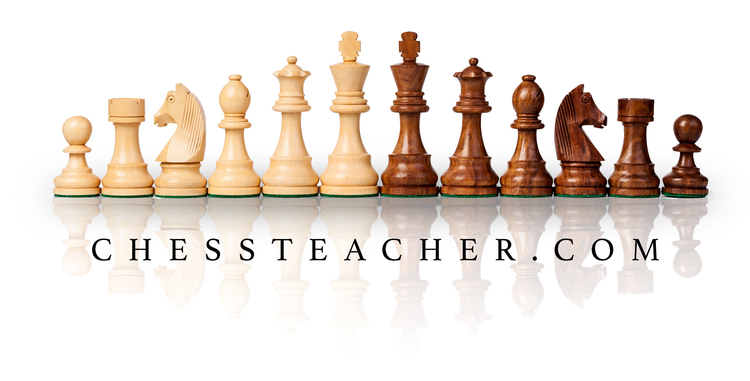6 Tips for Breaking Out of a Chess-Playing Plateau
From master chess players to hobbyists, everyone knows how frustrating it can be to plateau. Even though you’re practicing regularly, your win/loss rating isn’t going up. You study chess for increasing hours per day, but it doesn’t seem to help. What can you do?
1. Continue Your Practice
Many chess masters believe that plateaus are natural. Players will plateau for some period of time and then suddenly jump ahead in skill, but that plateau is necessary. The brain collects additional information over time and then changes to integrate this information.
Continuing to practice a scheduled amount of time is important. Try not to play less because you’re getting discouraged, and think about it more as time put in than win and loss.
2. Take Time Off
If you have been continuing your practice for a long time and seeing no results, it may be time to reboot your brain. Taking a break from your training as you continue your chess lessons can help you reset and relax, and it’s a particularly good idea if you’re starting to feel fatigued or resent the sport.
You don’t want to start to condition yourself to hate chess; that could just form a mental block against improvement. Enjoying something is the best way to improve at it.
3. Go Through an Intense Training Period
If taking a break doesn’t work, consider gearing up and going through even more intense training for a few days or even a couple of weeks. Bumping up your level of training or taking extra chess lessons can also break you out of the rut. Talk to your chess coach to set a specific plan for your training.
Though this may appear to be contrary advice, the key is to break your brain out of its habits. You want to alternate tactics and plans in order to shake your brain up and encourage it to think in different ways. Thus, when one strategy fails, think about using an extremely different tactic — just like you do in chess itself.
4. Watch Other Games
Sometimes you need to break out of your own strategies and tactics entirely. Rather than just practicing on your own games, watch players in other games entirely. Watching players play against each other can give you more information than playing a game yourself, as you’re seeing the tactics of both players.
Don’t just focus on studying the grandmaster chess players either; try to watch players of all skill sets. You may recognize patterns that are in your own games, or identify things that they are doing wrong that you could be doing incorrectly as well. Be particularly open to strategies you haven’t studied before.
5. Review Your Moves
Online games are a good way to improve because you can look at your losses and see where your strategies or tactics could have improved. After a match, review both your and your opponent’s moves, and try to track back to where you think you could have changed your strategy. This practice will give you more insight during future matches. Ask your chess coach’s advice as you review.
6. Get Some Master Lessons
Sometimes you may have weak points in your skills and tactics that you aren’t personally seeing. A master chess teacher could be a great help in this case. A skilled chess coach has the experience needed to identify your problems and advise you on alternative strategies that you might not have considered. Online chess lessons can be taken any time, so they can fit into anyone’s schedule.
Plateaus happen. But they don’t last forever. Like any sport, sometimes you just need to find a different way to approach it. A plateau usually means that you have stagnated in your tactics and need to move forward. To learn more, consider some online chess lessons with Chess Teacher.
